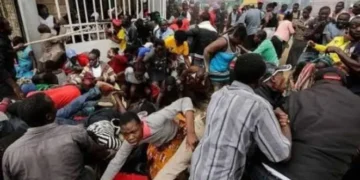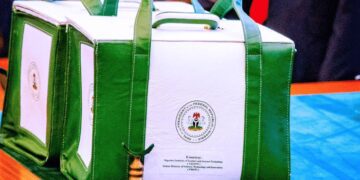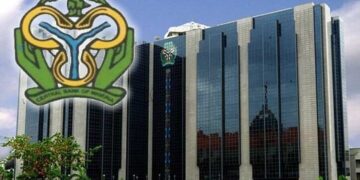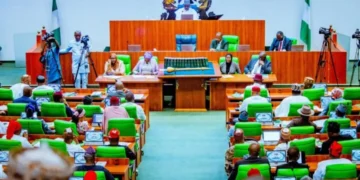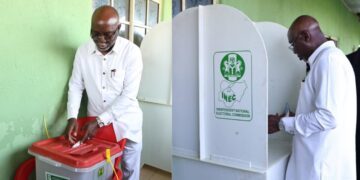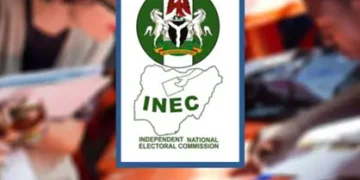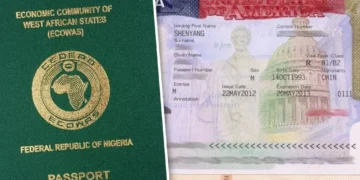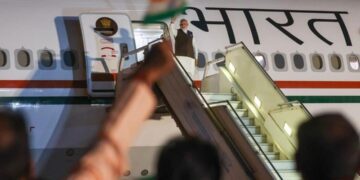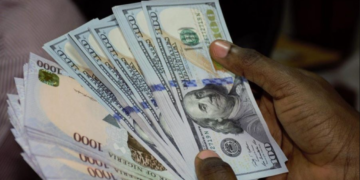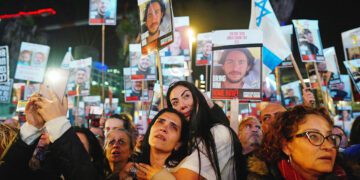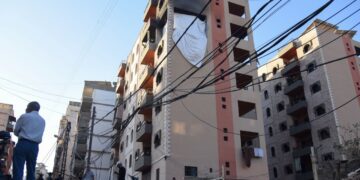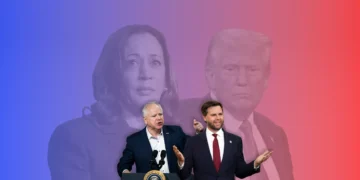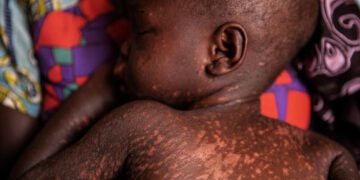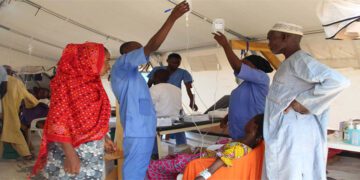Means such as betting platforms, online transfers, and crowd-funding have been touted by the Nigerian Financial Intelligence Unit (NFIU) as channels adopted by terror organizations to fund their nefarious activities. A recent newsletter by NFIU’s Counter-Financing of Terrorism Department, especially highlighted how the Indigenous People of Biafra (IPOB) received funding for its activities. It also spotlighted how a young man from the North-central got cash believed to be a ransom for an abduction. The name of the 24-year-old Nigerian was not given by NFIU which said IPOB also has “a concerning financial structure such as monthly dues and services for ESN (Eastern Security Network.” The NFIU added that IPOB has affiliates made up of Nigerians in 22 countries that have registered at least 27 entities under the group’s name. Seven of the registrations, according to the newsletter, were made in the United States (US) and six in the United Kingdom.
It said that over $160,000 raised by IPOB through crowd-funding was funnelled to transmission, media and broadcasting companies in Bulgaria, South Africa, and the UK. The NFIU newsletter also said “addresses and mobile numbers” of the leaders of the affiliates along with information on 53 other individuals associated with the group (IPOB) “have been forwarded to law enforcement agencies for further investigation. It added that a betting platform simply identified as ‘XC’ filed a Suspicious Transaction Report (STR) on the 24-year Nigerian from Northcentral who is its customer. Another case, said the financial intelligence unit, exposed a terrorist attempting to evade detection. It added that the individual made structured cash withdrawals from different ATMs and purchased flight tickets to high-risk areas using credit cards. The NFIU explained that whenever the individual exceeded his withdrawal limit, he would adopt alternative methods of travel. The NFIU urged law enforcement agencies to investigate transactions by individuals linked to known terrorists or financiers; unauthorized tax collection or forced donations in terrorism-prone areas and BDC operators facilitating transfers within suspected networks.


















